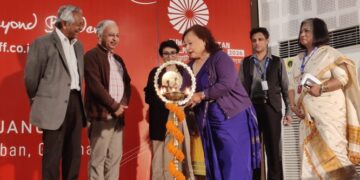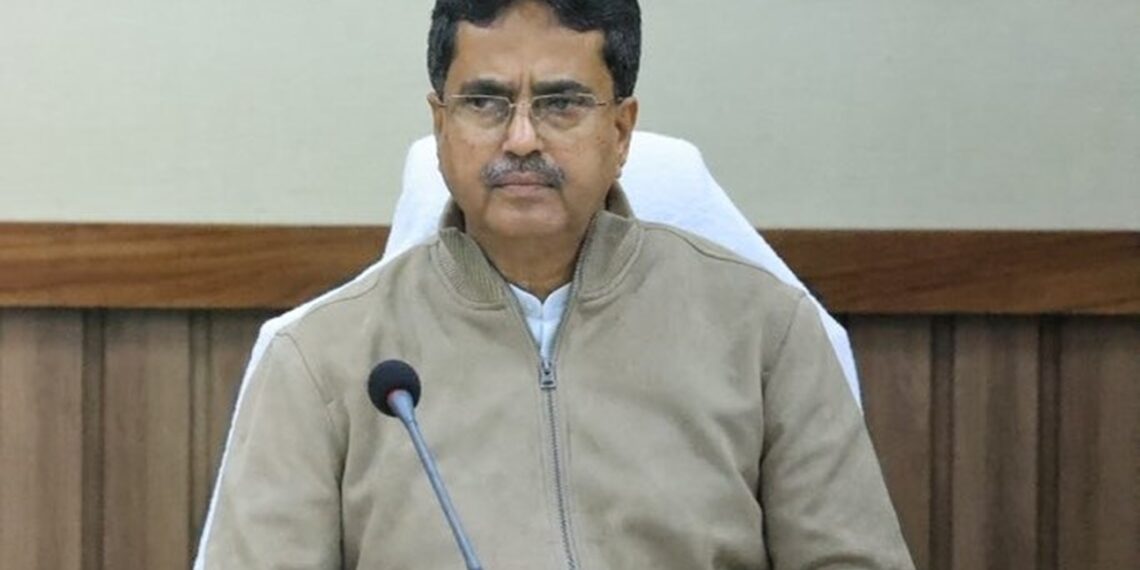Agartala: Tripura Chief Minister Manik Saha on Sunday refrained from commenting on Tipra Motha Party (TMP) MLA Ranjit Debbarma’s recent threat to withdraw support from the BJP-led coalition government in the state.
Debbarma, in a statement on Saturday, said that TMP was ready to pull out of the alliance over the alleged non-fulfilment of promises made in the Tiprasa Accord.
Signed in March 2024 between the Centre, the Tripura government, and the TMP, the agreement aimed at addressing the concerns and development needs of the indigenous Tiprasa community.
“He belongs to a different party, and the statement reflects his personal opinion. It would not be appropriate for me to comment on it,” Saha told reporters when asked about Debbarma’s remarks.
The TMP, once Tripura’s principal opposition party, joined the ruling coalition ahead of the 2024 Lok Sabha elections.
With 13 legislators in the 60-member state assembly, TMP was allotted two ministerial portfolios as part of the power-sharing arrangement.
Despite the threat, the BJP maintains a comfortable majority with 33 MLAs and the support of one IPFT member, ensuring the government’s stability even if TMP withdraws.
Tensions within the alliance have simmered over delays in implementing the Tiprasa Accord, which was signed in the presence of Union Home Minister Amit Shah.
On this, the chief minister said, “I am in regular contact with TMP supremo Pradyot Kishore Manikya Debbarma. Work is underway to implement the Accord, which is central to the welfare of the indigenous population.”
ALSO READ: Assam historian Udayaditya Bharali passes away at 78, tributes pour in
Reacting to MLA Debbarma’s comments, TMP president Pradyot Debbarma said he was unaware of the remarks and would speak to the legislator.
“I did talk to the Chief Minister today and reminded him that it has been 18 months since the signing of the Tiprasa Accord. If Ranjit Debbarma expressed the intention to withdraw support, it likely stems from frustration—particularly due to the growing sense of insecurity in rural areas,” he said.















